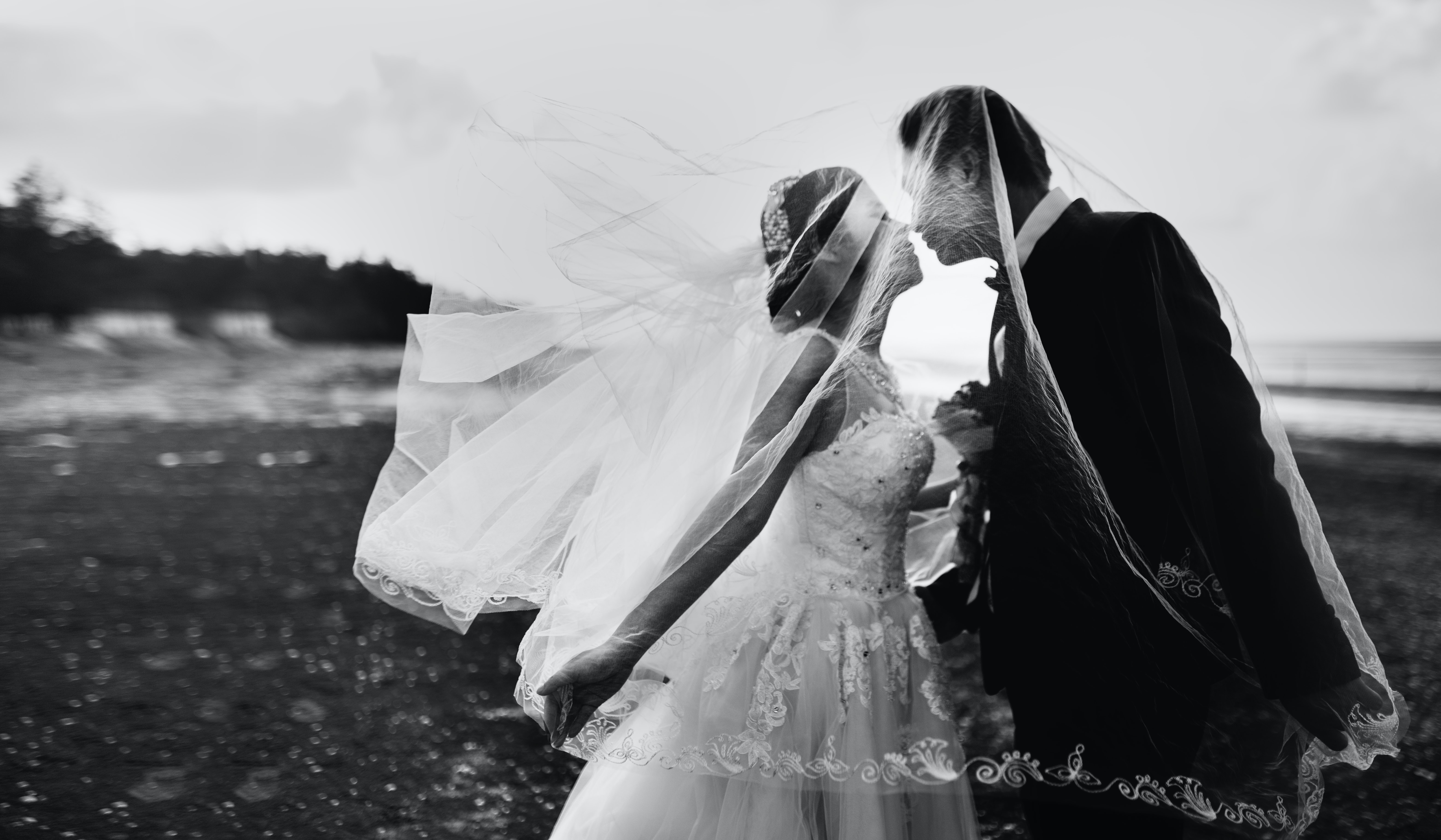I know it’s not cool, but I like white men. I used to think I would marry one. I used to think I probably thought like one. And maybe I do think like one, because it’s not just other people’s land that they grabbed – my migrant Australian brain has probably also been colonised by White Man.
But hey, I have been deconstructing myself since before everyone started deconstructing their faith. And I still like to read what white men write.
Here are six cis-white men I have a lot of time for – and I think you should make some time for, too. In reverse alphabetical order by last name, because it’s one small way to upend the patriarchy. Well, not really since surnames represent the patriarchy, so I’ll just trying using diminutives and initials instead.
Matty P. (Matthew Pierce)
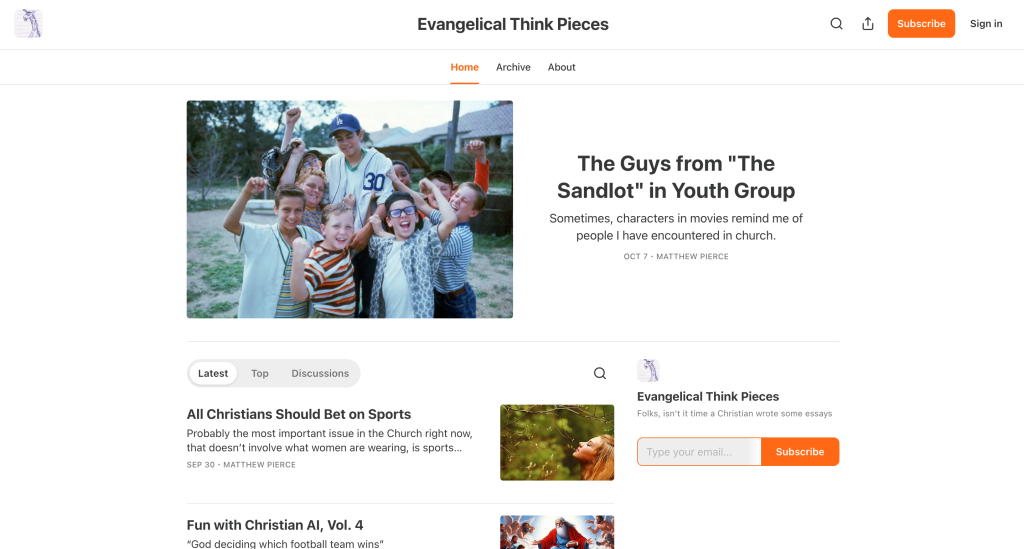
At the risk of giving you the impression that this entire post is ironic, I begin with the least serious writer.
I’ve found it deeply refreshing to read a (white, North) American Christian who isn’t afraid to talk about sex, skewer church leadership and jokingly misuse Bible verses without actually desecrating Scripture. I think you have to actually understand the serious reading of the Bible to make those wordplays and create such outrageous alternative interpretations.
By adopting the persona of a wannabe self-absorbed evangelical thought leader, Pierce takes the piss out of both conservative and progressive Christians and it’s mostly hilarious. His writing walks the tightrope between funny and inappropriately funny – and I think the Church needs a bit more of that to offset all the ongoing uptightness that still pervades Christian culture.
Johnny H. (Jonathan Haidt)
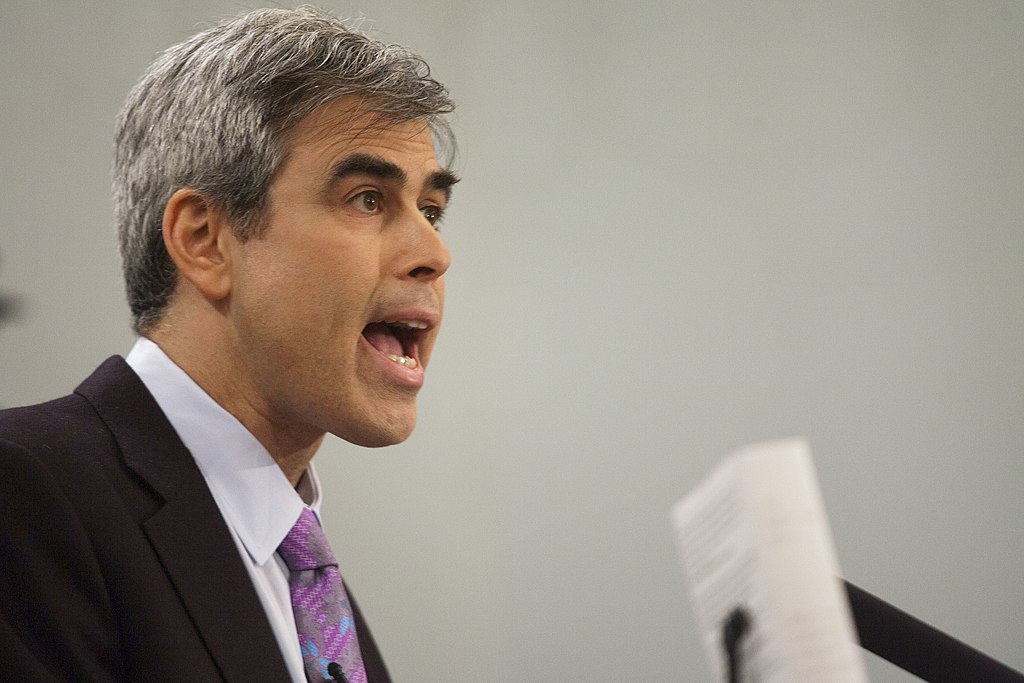
I haven’t read a lot of Haidt, but I read 2012’s The Righteous Mind and that’s enough to put him on this list.
He’s used his latest book as a launchpad for a campaign to protect children and teenagers from the harms of social media and smartphones. That book, The Anxious Generation, is on my to-be-read pile. In pursuit of social change, Haidt has followed up the book by curating guest contributions for his Substack, After Babel (which, to be honest, I’m not closely following).
This is an academic who writes to make his research not just accessible and relevant, but on top of that is also showing that the field offers practical applications for today’s conundrums. I’d like to see more of that.
Recommended reading and listening
- The Righteous Mind
- Why the Past 10 Years of American Life Have Been Uniquely Stupid (article in The Atlantic or podcast interview with Bari Weiss)
- Jonathan Haidt on: The Upside of Striving, How to Build a Stronger Mind, And What to Do with Ideas You Hate (podcast interview with Dan Harris, including many of the ideas in The Righteous Mind, so it’s a great taster if you’re on the fence about reading the book)
Mal G. (Malcolm Gladwell)
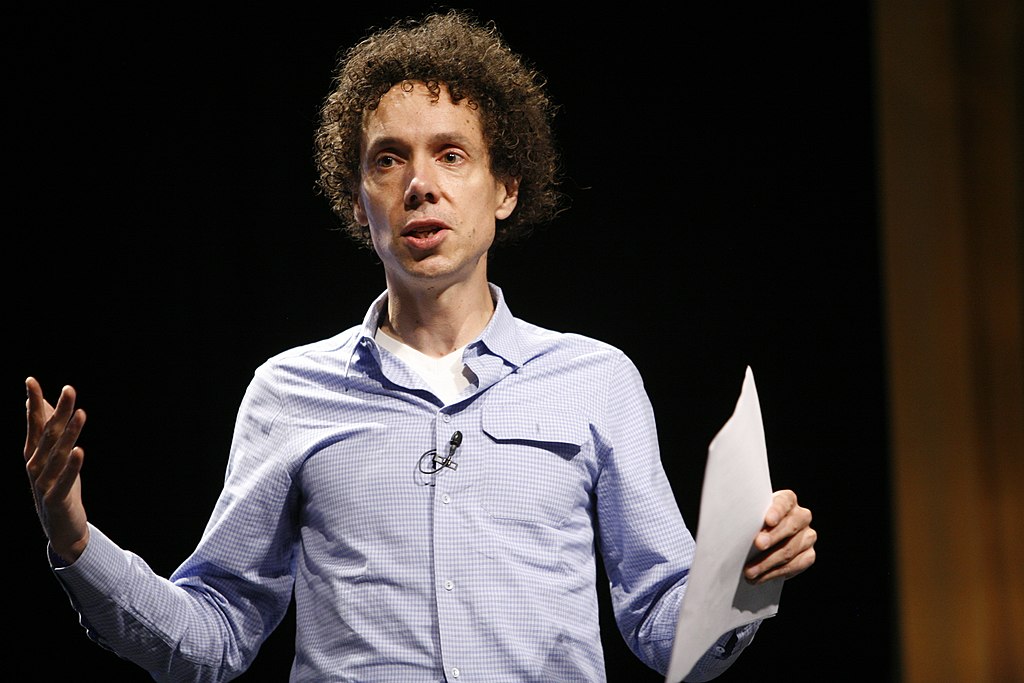
Okay, so Gladwell’s Jamaican mother has African ancestry. But at the end of the day, he’s still more white, and more man, than I am so he’s allowed on this list.
I like Gladwell as a podcaster because he’s articulate and entertaining. He covers social issues from politics to education to pop culture – but he does so in a way that helps you see the world in a different light, appreciating things you might have overlooked, asking questions of the things you might have taken for granted as being “just the way the world works”.
This is the genius of his writing, too. His books are impressive because they are easy and fun to read, yet Gladwell has actually synthesised a lot of research and critical thinking to advance a fresh thesis through a compelling human story. It’s narrative non-fiction at its best.
Gladwell speaks and writes with a lightness and compassion for his subjects, in a voice that is very engaging, and very distinctly him. If you want to understand what it means to find your voice as a writer, he’s a great example of what mastery looks like.
Recommended reading and listening
- Revisionist History (lots of great episodes, to name a few: Food Fight, Analysis, Paralaxis, Elvis, The Powerball Revolution, Laundry Done Right, When Will Met Grace)
- The Tipping Point
- Outliers
Freddie ? (Fredrik deBoer)

Fredrik deBoer already goes by Freddie, so my tepid attempt to patronise the patriarchy didn’t work so well here. Anyway, I can’t remember how I stumbled upon him, but it was sometime this year. I probably saw one of his Substack articles recommended by another writer I follow.
DeBoer is the most aggressive of the writers here – I’d classify him as an opinion writer. But I mean this in a good way.
He’s impressive in his mastery of vocabulary and in how prolific he is: I can’t believe how consistently he can churn out substantial essays about things that have just happened, with analysis and critique built into it.
I like reading his essays because he calls out the b.s. on both the left and right of US politics – like Matthew Pierce on progressive and conservative Christians, but with zero tongue in cheek and using real facts instead of hilarious fake ones. I especially appreciate that deBoer is a committed Marxist who calls out woke behaviour when it’s lazy, inconsistent or just plain unhelpful.
I don’t agree with him 100% of the time, but I’ve saved a few of his essays in my inbox because they’re just that good.
Recommended reading (language warning applies to most pieces)
Nicky C. (Nick Cave)
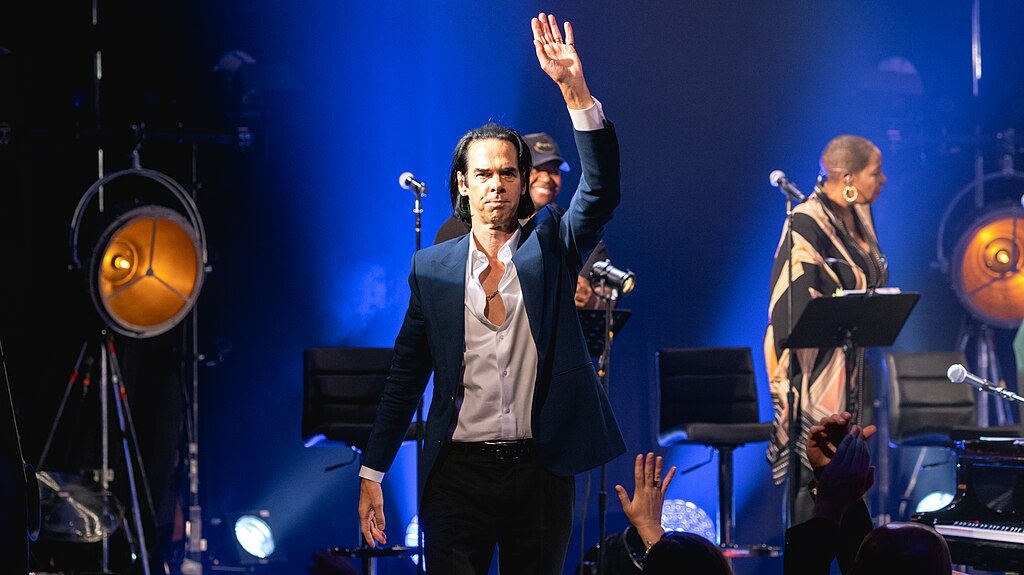
I love The Red Hand Files, and because of The Red Hand Files I kind of love Nick Cave too. This is despite the fact that, try as I may, I don’t care much for his music.
The format is basically that fans send the singer-songwriter questions or comments about life, music, faith and everything under the sun, then he publishes his response to select letters as an email newsletter.
Cave is poetic and philosophical and his replies are full of pathos, partway between a letter and a mini essay. He speaks often about the death of his son Arthur and how that completely transformed his worldview. I’m fascinated by the way Cave thinks about life, how he is so ardently pro-human and compassionate, particularly towards those who are suffering and struggling.
He’s also unashamedly spiritual and he’s clear about the fact that he is spiritual specifically in the direction of Jesus Christ. Though he may not use the label of “Christian”, I enjoy reading these letters and bouncing my own theology off his. I’m proud that he’s Australian.
Recommended reading
(Cave has also written a number of novels but I’m yet to read any of them. I’m halfway through Faith, Hope & Carnage, which is essentially the transcript of a conversation between Cave and journalist Sean O’Hagan. This was on my 2024 TBR list but thus far I’ve found it a bit average.)
Lukey B. (Luke Burgis)
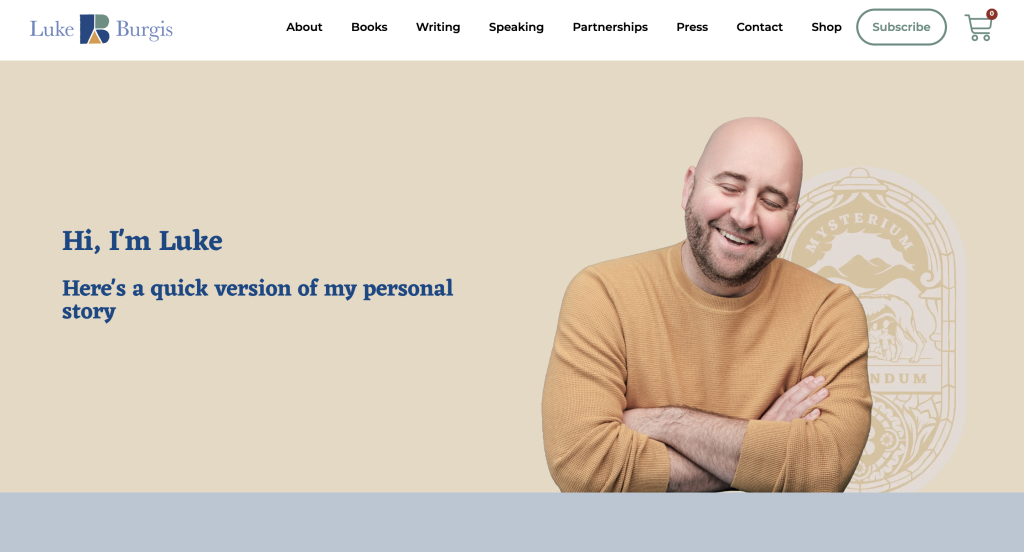
After Nick Cave, Luke Burgis is probably the most earnest and, to be blunt, he’s a little pretentious. The earnestness balances out the pretentiousness. It helps that I largely agree with his ideas.
His breakthrough was a book based on the philosophy of Rene Girard, and so the idea of mimetic desire (“We desire what others desire because we imitate their desires”) became his thing, his niche. More recently he’s springboarded from mimesis to tackle bigger questions around the state of civilisation and the state of humanity. Just last week, he launched his latest project, the CLUNY Journal.
Burgis writes passionately and intelligently and has a clear vision for improving humanity. It’s a vision that is not evangelical but is evangelistic in its own way and very much informed by his faith.
I’m yet to read Burgis’s best known book Wanting, but enjoy his writing on Substack.
Where are the women?
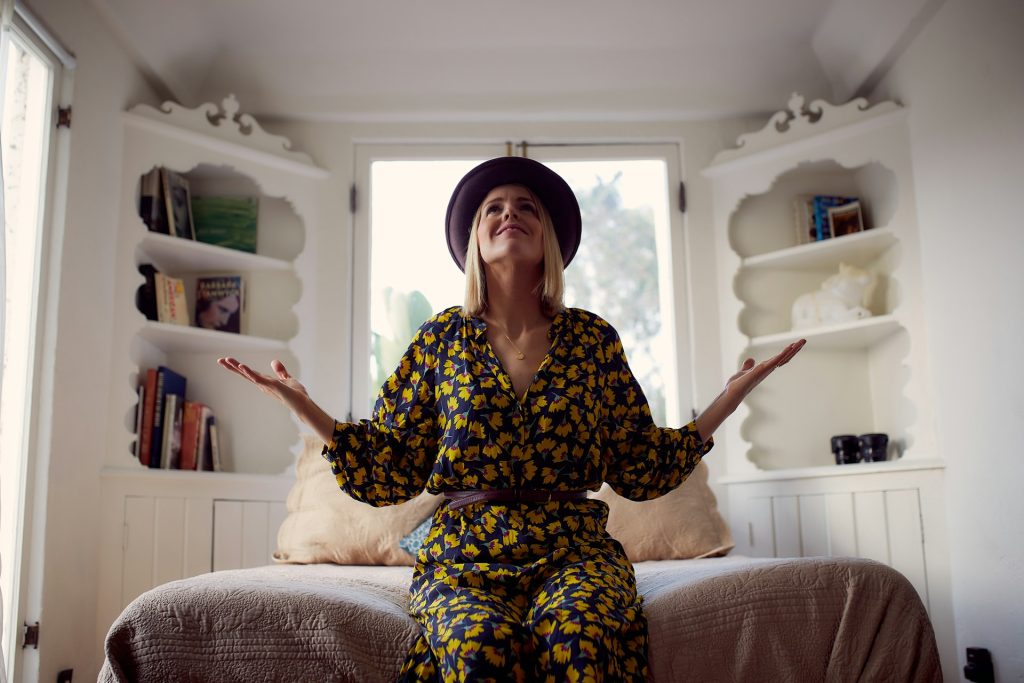
In reaching the end of this list, I am struck by the fact that I would struggle to make a list of “Six women you should read”, let alone “Six women of colour you should read”. It’s not that I can’t name six female writers of books, newsletters, articles or podcasts. I almost achieved gender parity in the list of the best books I read in 2023, but I had an odd number of books so it had to go one way or another.
While there are a lot of female authors in the fiction I read, the majority of the non-fiction I consume is written by men. Why is that?
Currently I’d have Katelyn Beaty, Jessica Pan, Freya India and maybe Sarah Bessey on my list of women to read, for their newsletters. Please send any recommendations my way! I look forward to the day I can bring you Part 2 of this article.
Postnote: You may have noticed that the writers above are not only male and white – with the exception of Nick Cave, they’re all North American. There are other people on my long list, and they’d almost almost all be from the US. It’s clear I need to read more widely. And this reflects, concerningly, how the publishing industry and really even the internet are not very diverse places at all.
Header image: Andrea Piacquadio.



